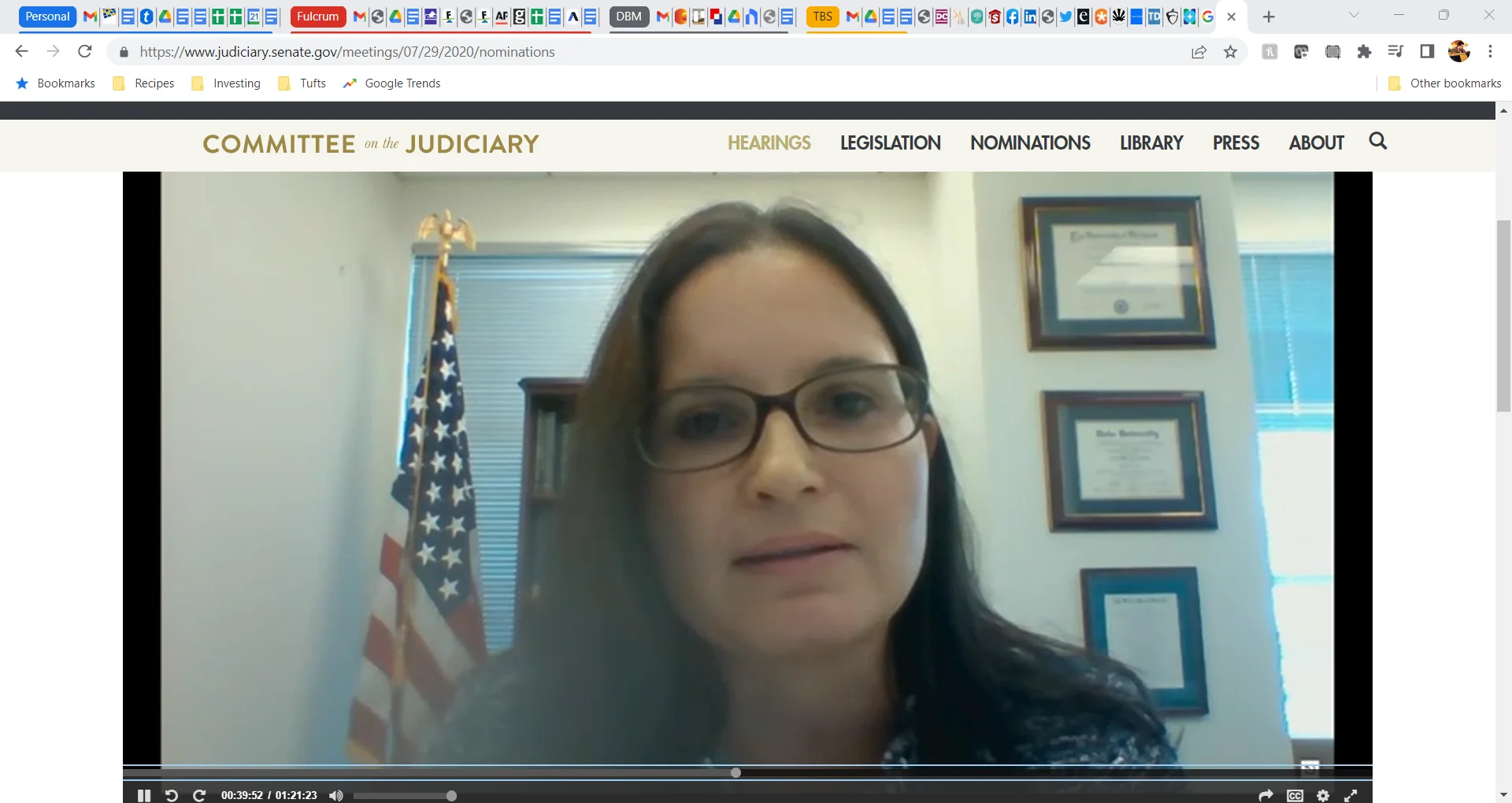Judge Cannon’s Rulings

Judge cannon – Judge Aileen Cannon, a Trump appointee, has issued several significant rulings in the case involving classified documents seized from former President Donald Trump’s Mar-a-Lago residence.
One of her most notable decisions was to appoint a special master to review the seized documents and determine whether any should be withheld from the Justice Department’s criminal investigation. This ruling was controversial, as it effectively paused the investigation and raised concerns about the potential for interference with the Justice Department’s work.
Judge Cannon’s recent rulings have sparked controversy, with some arguing that they favor former President Trump. However, it is important to note that Judge Cannon is not the only judge who has made controversial rulings in this case. In fact, Katie Britt , a former aide to Senator Richard Shelby, has also been criticized for her handling of the case.
Like Judge Cannon, Britt has been accused of bias in favor of Trump. Her rulings have been overturned on appeal, and she has been criticized by legal experts for her lack of experience.
Legal Reasoning
Judge Cannon’s rulings have been based on a number of legal principles, including the need to protect attorney-client privilege, the Fourth Amendment’s prohibition against unreasonable searches and seizures, and the inherent authority of the judiciary to oversee the executive branch.
In her ruling appointing a special master, Judge Cannon argued that the potential presence of privileged documents among the seized materials justified the need for an independent review. She also expressed concern that the Justice Department’s investigation could be biased against Trump.
Impact on the Case
Judge Cannon’s rulings have had a significant impact on the Trump documents case. The appointment of a special master has slowed the Justice Department’s investigation and raised questions about the scope of the review.
Judge Cannon, known for her role in the “Trump vance” case https://deanconyersau.bestiste.com/trump-vance/ , is once again in the spotlight. Her recent ruling in favor of former President Trump has drawn criticism from legal experts, who argue that she overstepped her authority.
However, Cannon has defended her decision, stating that she is simply following the law.
Her rulings have also been criticized by some legal experts, who argue that they are overly protective of Trump and could set a dangerous precedent for future cases involving classified documents.
Potential Implications
The implications of Judge Cannon’s rulings for future cases involving classified documents are still uncertain. However, her decisions have raised concerns about the potential for judicial interference in criminal investigations and the ability of the Justice Department to effectively prosecute cases involving sensitive national security information.
Judge Cannon’s Background and Legal Career
Judge Aileen Cannon, the jurist presiding over the Trump documents case, has a distinguished background in law and public service. Born in 1972, she earned her undergraduate degree from Wake Forest University and her law degree from the University of Miami School of Law. After graduating, she served as a law clerk for Judge Edward Carnes of the United States Court of Appeals for the Eleventh Circuit.
Judicial Appointments and Assignments
In 2019, President Donald Trump appointed Cannon to the United States District Court for the Southern District of Florida. Prior to her appointment, she had served as an assistant United States attorney in the Southern District of Florida and as a partner at the law firm of Jones Day.
Judicial Philosophy, Judge cannon
Judge Cannon is considered a conservative jurist. Her rulings in the Trump documents case have been praised by some for their deference to executive privilege and criticized by others for their perceived overreach. Her judicial philosophy is likely to continue to influence her rulings in the case and in other matters that come before her.
Legal and Political Context of the Trump Documents Case

The Trump documents case involves a legal dispute over the handling of classified documents by former US President Donald Trump after he left office in January 2021. The case has significant legal and political implications, as it raises questions about the proper handling of classified information and the potential for criminal prosecution of a former president.
The key legal issue in the case is whether Trump violated the Presidential Records Act (PRA) and the Espionage Act by retaining classified documents at his Mar-a-Lago residence after leaving office. The PRA requires presidents to preserve all records created during their time in office, while the Espionage Act prohibits the unauthorized possession or retention of classified information.
Political Context
The case has become highly politicized, with Republicans largely supporting Trump and Democrats largely opposing him. The case has also raised questions about the potential for political bias in the Justice Department’s investigation of Trump. Attorney General Merrick Garland appointed a special counsel, Jack Smith, to oversee the investigation in an attempt to avoid any appearance of political interference.
Judge Cannon’s Role
US District Judge Aileen Cannon has been presiding over the case. Cannon has been criticized by some for her handling of the case, including her decision to appoint a special master to review the documents seized from Mar-a-Lago. Cannon has defended her decisions, saying that she is following the law and that she is not influenced by politics.